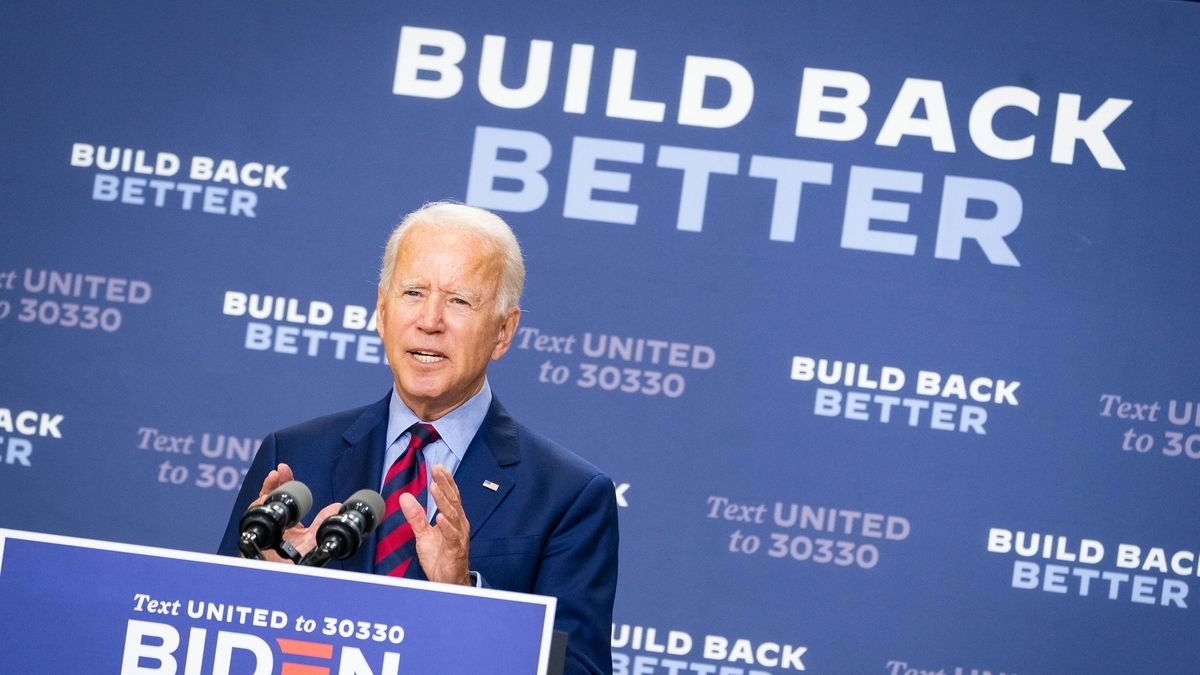
Despite the positive impact of President Joe Biden's economic agenda, his Build Back Better plan is facing challenges. The plan, which aims to invest in infrastructure, healthcare, and climate initiatives, is encountering political stalemates and debates over inflation. Democrats are calling for fresh pandemic-relief initiatives, while the White House is considering a more modest version of the original proposal [4ab4d145].
Critics of the Build Back Better plan argue that it could exacerbate inflationary trends. They express concerns that the plan's investments and spending could lead to increased inflation. On the other hand, supporters believe that the plan's investments are crucial for sustainable growth and will have a positive impact on the economy [4ab4d145].
The future of the Build Back Better plan remains uncertain, and a scaled-down version would mark a significant recalibration of the administration's ambitions. The ongoing discussions about new pandemic-relief measures highlight the delicate balance between addressing immediate needs and ensuring long-term fiscal and economic health. The debates surrounding the Build Back Better plan and inflation will likely continue to evolve, offering potential lessons for managing social programs and maintaining economic stability. The coming months will reveal whether a compromise can be reached to address both pandemic relief and sustainable economic growth [4ab4d145].